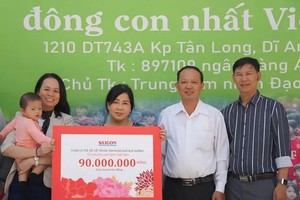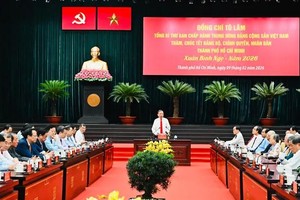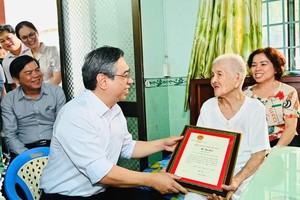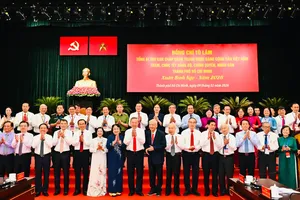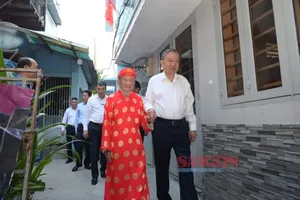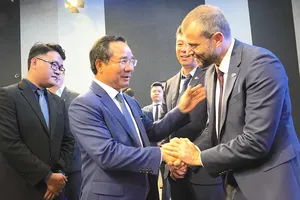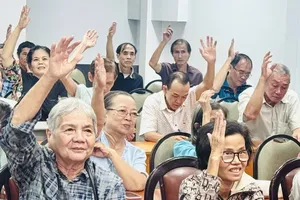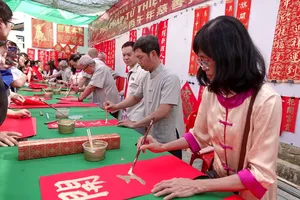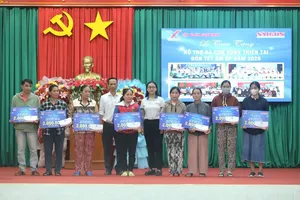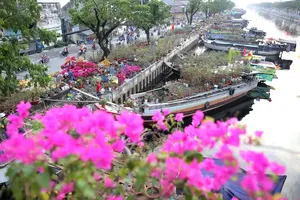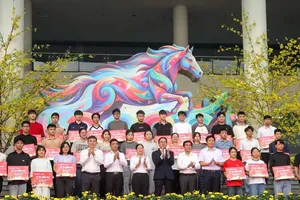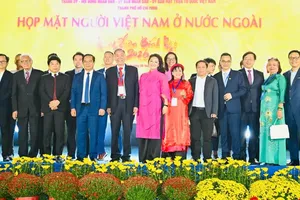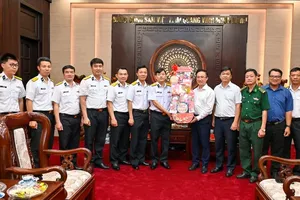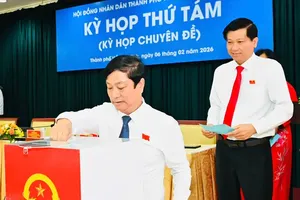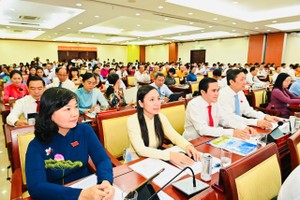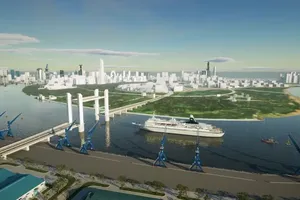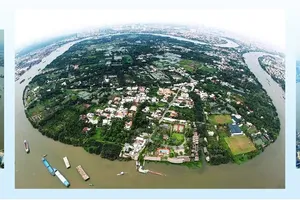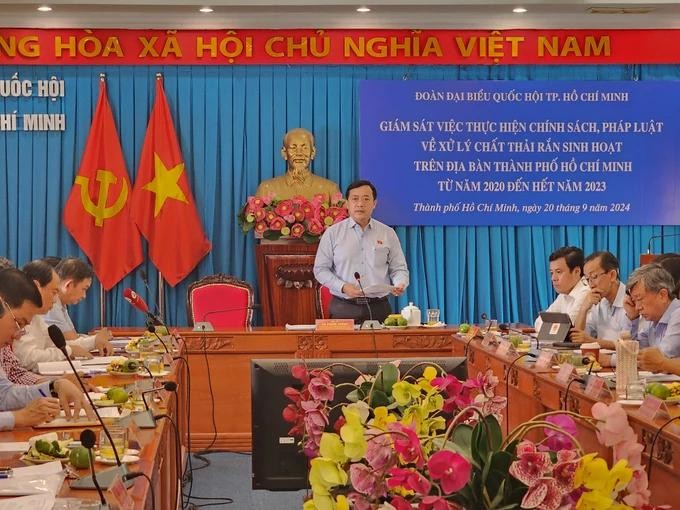
The session was chaired by Deputy Head Ha Phuoc Thang of the National Assembly delegation for Ho Chi Minh City.
During the monitoring session, Deputy Director Nguyen Thi Thanh My of the Department of Natural Resources and Environment of Ho Chi Minh City reported that in addition to the volume of recyclable solid waste that can be collected, an average of approximately 9,777 tons of municipal solid waste is collected and processed daily at waste treatment complexes in 2023.
Deputy Director Nguyen Thi Thanh My acknowledged that while the environmental sanitation in Ho Chi Minh City has improved, some existing limitations need to be addressed. Certain roads, public facilities, and construction sites continue to experience issues with littering and unsanitary conditions; plus, there are also recurring pollution hotspots and bulky waste that have not been thoroughly collected. The enforcement of administrative penalties related to environmental violations, particularly in residential areas, remains problematic, with overlaps in regulatory documents.
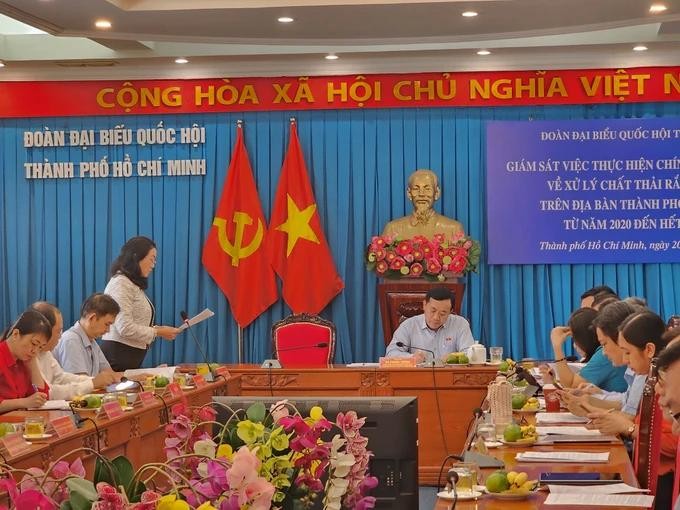
Chief Luong Thi Thuy Ha of Office of Vietnam Waste Treatment Company (VWS) talked about the challenges faced by the company in establishing a waste treatment facility in Ho Chi Minh City. For instance, she shared about the transportation of waste to the integrated facility. Ms. Ha noted that the waste collection vehicles are not uniformly invested in, with many being outdated and overloaded, leading to spillage and leachate on the roads. Hence, VWS has repeatedly requested the city to implement daily street cleaning and washing along the waste transport routes to prevent unpleasant odors and litter.
Speaking at the conference, Lawyer Truong Trong Nghia, Vice Chairman of the Ho Chi Minh City Lawyer Association, emphasized that addressing the waste issue is not solely the responsibility of the natural resources and environment sector and investors, but rather a societal concern. Consumers need to reduce their waste output, and supermarkets should minimize the use of plastic bags for shoppers. If society collectively raises awareness, the waste management challenge will be significantly alleviated.
Meanwhile, assistant to the Secretary of the Ho Chi Minh City Party Committee Tran Hoang Ngan paid attention to other matter- waste security. He asked participants in the conference to imagine the complications that would arise if bin workers walk out on strike and the landfills in Ho Chi Minh City are full. This is a significant security issue that requires the utmost attention from government regulatory bodies.
Additionally, according to him, while transitioning to waste incineration technology, it is essential to ensure that landfill management receives appropriate focus as well.
